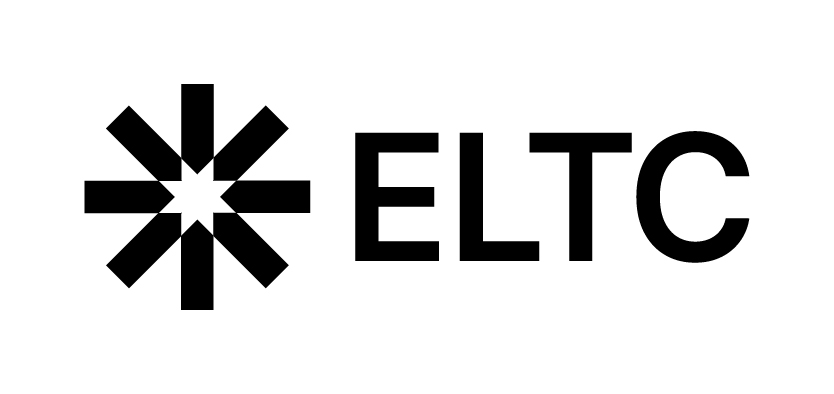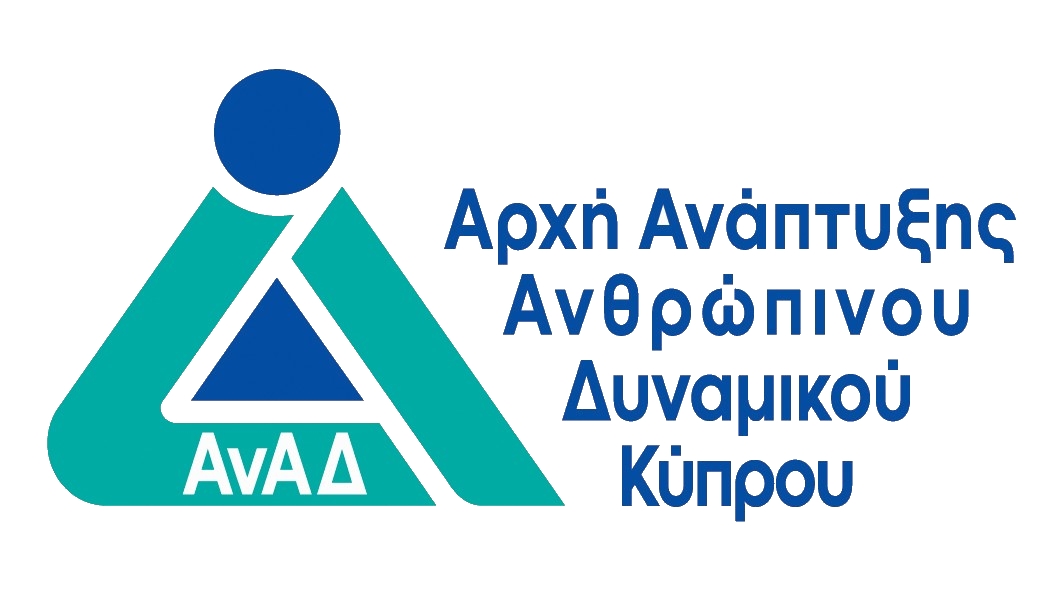
Mastery of Technology Transfer and Licensing Agreements: Legal, Strategic and Practical Perspectives
- Καινοτομία/ Start Ups - Πληροφορική - Επαγγελματίες IT - Νομοθεσία, Νομική & Δικηγόροι

ΠΕΡΙΓΡΑΦΗ
This course offers a deep dive into the critical legal frameworks governing the dynamic tech industry in Cyprus. This course equips participants with essential knowledge of technology transfer, intellectual property rights, and licensing agreements. From understanding different types of agreements and key provisions to mastering negotiation and drafting skills, this course ensures participants are well-prepared to navigate the complexities of tech collaborations. Emphasizing both Cyprus-specific regulations and international best practices, this course is a must for professionals seeking to excel in the burgeoning Cypriot tech hub
The rapid evolution of Cyprus as a burgeoning tech hub brings with it a plethora of opportunities and challenges. Among the most critical aspects of this growth is the legal framework governing the relationships between tech entities, especially concerning the transfer and licensing of technology. Here are the reasons we need for training in the realm of technology transfer and licensing agreements in Cyprus:
- The tech sector in Cyprus has witnessed significant expansion, with an influx of tech start-ups, IT firms, and software development companies. As a result, the frequency and complexity of technology transactions are on the rise.
- With innovation at the forefront, protecting intellectual property becomes paramount. A comprehensive understanding of licensing agreements ensures that IP assets, often the most valuable assets of tech companies, are safeguarded. As Cyprus attracts foreign tech investments and global collaborations, there's an imminent need to understand international standards and best practices in technology transfer. Training equips professionals to handle cross-border agreements efficiently.
- The Cyprus legal framework, influenced by EU regulations, mandates strict compliance, especially in areas like data privacy, competition law, and IP rights. Training ensures companies remain compliant and avoid legal pitfalls.
- Misunderstandings and misinterpretations in technology transfer and licensing agreements can lead to costly legal disputes. Well-trained employees can foresee potential areas of contention and address them proactively.
- Effective technology transfer can significantly boost a firm's profitability. Knowledgeable negotiations can result in better royalty rates, favourable terms, and lucrative partnerships.
- By understanding the intricacies of technology transfer and licensing, companies with the help of their advisors can better strategize their R&D efforts, knowing well how to commercialise and capitalise on their innovations.
- Employees armed with the knowledge of the legal aspects of their industry can work more efficiently. Their confidence in handling complex agreements can enhance job satisfaction and reduce turnover.
- Global Competitiveness: As the global tech landscape becomes more interconnected, having a workforce well-versed in technology transfer and licensing can give Cypriot companies an edge, allowing them to compete on an international scale.
- Companies that show diligence in understanding and adhering to best practices in technology agreements are often seen as more trustworthy by partners, investors, and stakeholders.
For all the above reasons employers of lawyers, legal advisors and in-house councils of tech firms, including the directors of tech firms need this course to train their employees on the legal, strategic and practical perspectives of tech transfer and licensing agreements.
ΣΕ ΠΟΙΟΥΣ ΑΠΕΥΘΥΝΕΤΑΙ
The course is aimed at Lawyers, legal professionals, in-house counsel in tech start-ups/companies, and innovative tech companies' legal department employees and founders or directors of tech companies.
ΠΕΡΙΣΣΟΤΕΡΕΣ ΠΛΗΡΟΦΟΡΙΕΣ
Module 1: Introduction to Technology Transfer and Licensing
- Defining Technology Transfer and Licensing: Deep dive into the essence of these agreements and their significance in the business ecosystem.
- exploring the fundamental ideas underpinning technology transfer and licensing, distinguishing between the two processes.
- Tracing the evolution of these agreements from their inception to their current role in today's digital era.
- Identifying the primary stakeholders involved in such transactions, ranging from inventors and original rights holders to licensees and intermediaries.
understanding the mechanics of transfer licensing - the step-by-step process. - Advantages & Disadvantages: Weighing the benefits against potential pitfalls.
- Business Rationale: Why companies resort to these agreements, focusing on strategic advantages and risk mitigation.
- Case Studies: Analyzing successful technology transfer and licensing agreements, both globally and within the Cyprus context and a look at recent trends to predict the future trajectory.
Module 2: Diverse Types of Technology Transfer and Licensing Agreements Part 1
- Patent licensing
- Cyprus and EU regulatory framework
- Unravel the basics of what patents protect, their lifespan, and their geographical implications.
- Differentiate between exclusive, non-exclusive, and sole licensing arrangements.
- Grasp the financial aspects, from lump-sum payments to running royalties.
- Understanding the rights and restrictions on sub-licensing under patent agreements.
- Explore mechanisms to protect patent rights and actions against potential infringers.
- Copyright and Software Licenses
- Regulation.
- Delve into the nature of copyrighted works, their duration, and the rights bestowed upon creators.
- Differentiate between proprietary licenses, ope- source licenses, and freeware.
- Explore varied licensing models like site licenses, enterprise licenses, and end-user licenses.
- Understand the rights surrounding adaptations, modifications, and derivative creations.
- Dive into mechanisms to ensure copyright adherence and technology to manage digital rights.
Module 3: Diverse Types of Technology Transfer and Licensing Agreements Part 2
- Trademark Licenses - Regulatory framework
- understand the significance of trademarks in brand identity, their duration, and renewal processes.
- Explore the nature of trademark licenses, such as quality control clauses and brand guidelines.
- Co-branding and Coexistence Agreements: Delve into scenarios where multiple brands collaborate or coexist.
- Recognize the mechanisms in place to guard trademarks and actions against potential misuse. Comprehend limitations on trademark use by region or business sector.
- Trade Secret and Non- Compete Agreements - Regulation and Understanding what constitutes a trade secret and its distinction from other IP forms. Grasp the significance of non-disclosure agreements in protecting sensitive information. + Temporal nature of non- compete clauses and reasonable geographic and scope limitations. employee mobility and knowledge transfer protection strategies.
- Research and Development Agreements - Joint innovation, ownership and IP, deliverables.
Module 4: In-depth Exploration of Key Agreement Provisions
- Best practice in the drafting of clauses for the purposes of:
- Understanding obligations related to IP registration, renewals, and upkeep.
- Distinguishing between outright ownership transfers and granting of usage licenses.
- Scenarios under which IP rights can be assigned to other parties.
- Addressing the personal rights of creators, especially in copyright contexts, and ensuring appropriate credit.
- Exploring the spectrum from exclusive to non-exclusive, and sole licenses.
- Defining the geographical, temporal, and sectoral boundaries of the license.
- Understanding when and how licensees can grant rights to third parties. Instituting benchmarks and standards for performance.
- Detailing obligations related to updates, improvements, and assistance.Breaking down varied models such as upfront payments, running royalties, ad minimum guarantees, Audits: milestones and payment triggers
- Adjustment clauses, tax implications, representations and warranties, termination, dispute resolution, and enforcement.
Module 5: Lifecycle Management of Technology Transfer and Licensing Agreements
- The significance of periodic checks is to validate adherence to agreement provisions, especially financial clauses.
- Introduction to software tools that assist in monitoring and ensuring compliance with licensing terms Emphasizing the importance of regularly updating involved personnel about their obligations.
- Maintaining rigorous records as evidence of compliance and for future reference.
- Implementing channels through which parties can report potential non- compliance and seek clarifications.
- KPIs - measurable metrics within the agreement.
- benchmarking within the agreement
- feedback loops within the agreement
- adaptive strategies within the agreement
- preventative measures to avoid future conflict within the agreement
Module 6: Case studies and practical insights
- Successful Agreements: Analyzing what went right.
- Introduction to the parties involved, the industry, and the socio-economic or geopolitical factors at play during the time of the agreement.
- A detailed examination of the terms that were negotiated and the rationale behind each.
- Highlighting areas where both parties benefited significantly from the agreement, leading to mutual satisfaction. Exploring any unique or non- traditional clauses that were integrated into the agreement and understanding their impact
- Analysing how the agreement paved the way for ongoing collaboration, continuous innovation, and sustained profitability.
- Failed Agreements: Extracting lessons from challenges, misunderstandings, and legal disputes.
- Setting the stage by outlining what the original goals and anticipated benefits of the agreement were.
- Identifying the clauses or areas that led to disagreements, breaches, or general discontent.
- comparative analysis - evaluating the parallels.
Πληροφορίες Εκπαιδευτή
Αναλυτικό Κόστος Σεμιναρίου
Για Δικαιούχους ΑνΑΔ
- € 500.00
- € 360.00
- € 0.00
- € 140.00
- € 140.00
Για μη-Δικαιούχους ΑνΑΔ
- € 500.00
- € 150.00
- € 66.50
- € 350.00
- € 416.50
ΠΡΟΓΡΑΜΜΑ ΣΕΜΙΝΑΡΙΟΥ
Τετάρτη - 19 Ιουν 2024
Ώρα
16:00 - 20:00
ΕΚΠΑΙΔΕΥΤΗΣ:
Κατερίνα ΓεωργιάδουΤοποθεσία:
OnLine Virtual Classroom
Πέμπτη - 20 Ιουν 2024
Ώρα
16:00 - 20:00
ΕΚΠΑΙΔΕΥΤΗΣ:
Κατερίνα ΓεωργιάδουΤοποθεσία:
OnLine Virtual Classroom
Τετάρτη - 26 Ιουν 2024
Ώρα
15:00 - 20:00
ΕΚΠΑΙΔΕΥΤΗΣ:
Κατερίνα ΓεωργιάδουΤοποθεσία:
OnLine Virtual Classroom
Πέμπτη - 27 Ιουν 2024
Ώρα
15:00 - 20:00
ΕΚΠΑΙΔΕΥΤΗΣ:
Κατερίνα ΓεωργιάδουΤοποθεσία:
OnLine Virtual Classroom
 Ελληνικά
Ελληνικά  English
English



 Αγγλικά
Αγγλικά
 18 ώρες
(
4 μέρες
)
18 ώρες
(
4 μέρες
)






